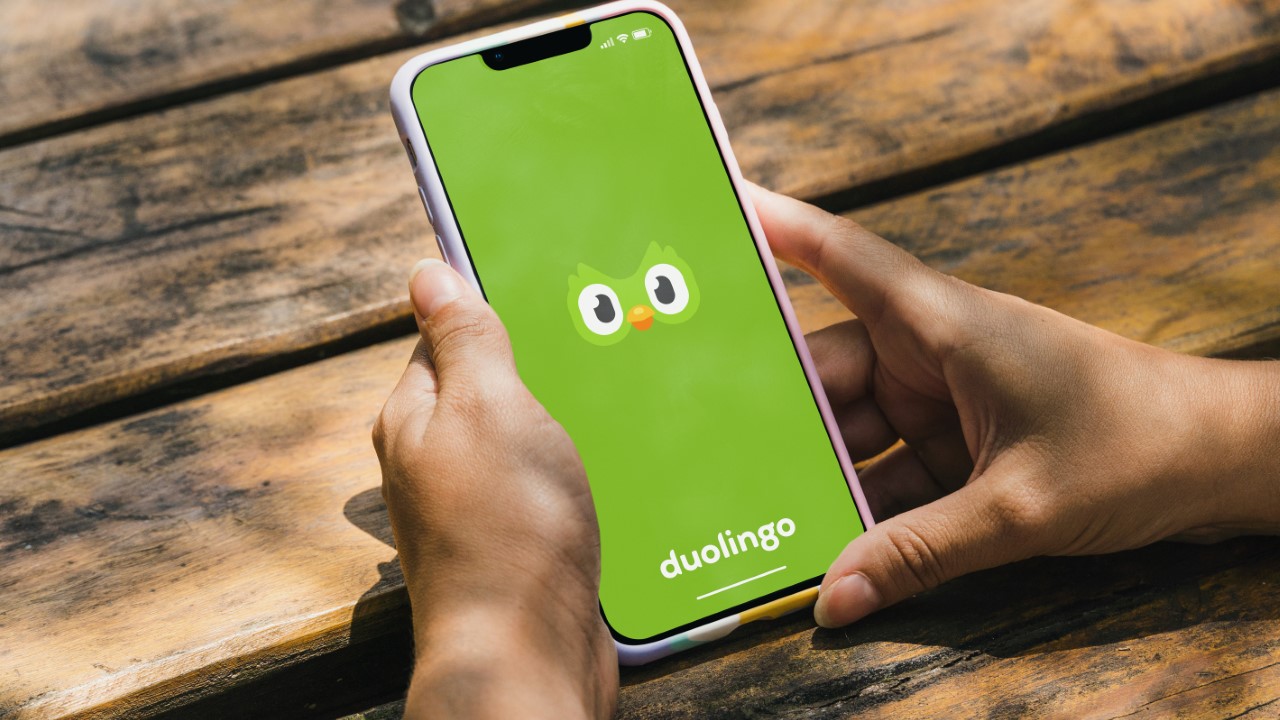Have you heard of Afrikaans, the Southern African language, and want to start learning?
What if you could use several different apps and tools in addition to the free mobile app Duolingo to gain fluency? With more than 8 million speakers worldwide, you have an extraordinary opportunity to utilize this language.
Does Duolingo have Afrikaans?
According to its official website, Duolingo does not have Afrikaans as a listed language.
The app, however, hosts lessons, exercises, and quizzes to help you understand 40 other worldwide languages, including other African ones.
Why is there no Afrikaans on Duolingo?
Duolingo hasn’t officially released any statement to explain why it doesn’t offer Afrikaans. Only speculations are available on the internet.
Africaans is very similar to the Dutch language, which is available on Duolingo. However, they are separate languages and therefore, don’t offer the same experience.
Who speaks Afrikaans?
Afrikaans is spoken by approximately 7.2 million native speakers, with most across South Africa and Namibia.
Afrikaans is also spoken in Botswana, Zambia and Zimbabwe. The language has over 18.8 million speakers worldwide.

Is Afrikaans Language Easy to Learn?
Yes, Afrikaans is one of the easiest languages for English speakers. It has only one gender, like English, and no verb conjugations. Words usually sound how they look, which helps with pronunciation.
Afrikaans share many vocabulary words with English. Approximately 90 to 95% of Afrikaan words are of Dutch origin, and Dutch has a similar lexicon.
Best Ways to Learn Afrikaans
If learning Afrikaans sounds daunting, do not worry. There are plenty of ways to learn this language without the aid of Duolingo.
Whether you’re a kinesthetic learner or studying independently, there are many ways to immerse yourself.
Immerse Yourself in Afrikaans Media
Surround yourself with Afrikaans movies, TV shows, and radio stations to familiarize yourself with the language’s pronunciation, vocabulary, and intonation.
This exposure will help you develop a natural feel for the language.
Practice with Native Speakers
Engage in conversations with native Afrikaans speakers through language exchange platforms or local meetups.
Regular exercise with native speakers will improve your speaking and listening skills.
Use Language Learning Apps
Utilize language learning apps like Babbel, Mondly, or Memrise, which offer interactive lessons and quizzes tailored for beginners to advanced learners.
Study with Online Resources
Many online resources, such as websites, YouTube channels, and blogs, provide free Afrikaans lessons and grammar explanations.
Other Resources to Learn Afrikaans
If using technology isn’t your preferred learning method, then the good news is you can always attempt the old-fashioned wasy of learning a language. Here are some more strategies to enhance your language acquisition:
Flashcards and Repetition
Create flashcards with common Afrikaans phrases and vocabulary to reinforce your memory. Don’t want to waste paper? You can find existing flashcards online.
Read Children’s Books
Start with children’s books written in Afrikaans. They often have simple language and engaging stories suitable for beginners.
Take Language Classes
Enroll in formal Afrikaans language classes. Having a structured curriculum and a qualified instructor can accelerate your learning.
Visit Afrikaans-Speaking Regions
Travel to Afrikaans-speaking areas to gain first-hand exposure to the language and culture.
By combining these strategies and staying consistent in your efforts, you’ll find yourself making steady progress in your Afrikaans language journey.
What Apps Can I Use To Learn Afrikaans?
There’s no shortage of apps you can download on your phone to learn Afrikaans.
However, depending on your learner type, you may want to choose an app with features best suited for you.
For instance, you may like a basic format with more reading and less multimedia. On the flip side, you’re an extremely kinesthetic learner, meaning you take a more “hands-on” approach. You will enjoy a variety of multimedia-based learning.
AfrikaansPod101
AfrikaansPod101 provides audio and video lessons for learners of all levels.
Pros
- Diverse Content: AfrikaansPod101 offers various topics, ensuring learners receive exposure to real-life situations and vocabulary relevant to everyday conversations.
- Cultural Insights: The app’s integration of cultural insights gives learners a deeper understanding of the language and its context, enhancing cultural awareness and appreciation.
- Flexible Learning: Learners can access the audio and video lessons anytime, anywhere, making it convenient for those with busy schedules or limited study time.
Cons
- Limited Interactivity: Compared to other language learning apps, AfrikaansPod101 may lack interactive elements like games or live practice sessions, which some learners find helpful for engagement and reinforcement.
- Preferred Learning Style: The app is ideal for learners who prefer audio-based learning but may be less suitable for those who thrive on more interactive and visual learning methods.
Memrise
Memrise is another popular language learning platform that offers an Afrikaans course designed by native speakers.
Pros
- Fun Elements: The app has engaging and interactive learning with multimedia elements.
- User Generated: User-generated content offers exposure to colloquial language.
- Difficult Words Feature: The app will store and reinforce points that you struggled with.
Cons
- Limited Features: The free version may have limited access to advanced lessons.
- Grammar Explanations: You may need more in-depth grammar explanations.
Mondly
Mondly is a language-learning app that offers a well-rounded approach to learning Afrikaans.
Pros:
- Interactive Lessons: Mondly’s interactive lessons utilize speech recognition technology, enabling learners to practice pronunciation and speaking skills. This feature provides immediate feedback, helping learners improve their fluency.
- Real-life Conversations: The app incorporates real-life dialogues and conversations in Afrikaans, exposing learners to authentic language usage in everyday scenarios.
- Gamified Learning: Mondly incorporates gamification elements, turning the learning process into an enjoyable experience. Users earn points and rewards for completing lessons, motivating learners, and encouraging regular practice.
- Progress Tracking: Mondly allows users to track their progress, making it easy to identify areas of improvement and set personal language learning goals. This feature helps learners stay on track and monitor their language proficiency.
Cons:
- Limited Free Content: While Mondly offers a free version, access to advanced lessons and features may require a premium subscription. Some learners may need more than the free content for comprehensive language learning.
- Lack of Cultural Insights: While Mondly provides practical language skills, it may offer little cultural insights into the Afrikaans-speaking world. Understanding cultural nuances is essential for effective communication.
- Limited Writing Practice: While the app emphasizes speaking and listening skills, it may focus less on writing practice. Learners looking to improve their writing abilities might need to seek additional resources.
- Limited Interaction with Native Speakers: Unlike other language learning platforms, Mondly may not interact directly with native speakers for conversation practice. Language exchange and real-time communication with natives are valuable for fluency development.
Final Thoughts
While Duolingo is an excellent language-learning app, it does not offer Afrikaans as one of its language modalities.
On the bright side, Mondly’s interactive lessons and speech recognition technology offer valuable speaking practice, while AfrikaansPod101’s audio and video lessons provide cultural insights and real-life conversations. Memrise to visual learners with captivating visuals and mnemonic techniques.
By considering these amazing Duolingo app alternatives, learners can find the perfect fit for their individual language learning preferences and goals.
Featured image: Diego Thomazini // Shutterstock.com.
Caitriona Maria is an education writer and founder of TPR Teaching, crafting inspiring pieces that promote the importance of developing new skills. For 7 years, she has been committed to providing students with the best learning opportunities possible, both domestically and abroad. Dedicated to unlocking students' potential, Caitriona has taught English in several countries and continues to explore new cultures through her travels.

